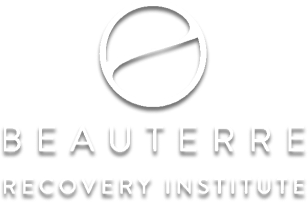According to the National Institute on Alcohol Abuse and Alcoholism (NIAAA) roughly 17 million adults (18 years or older) have an alcohol use disorder. In addition, it’s estimated that over 855,000 adolescents between the ages of 12 and 17 also have this condition.
It may be difficult to know the difference between one or two nights of over indulgence and a pattern of alcohol abuse when you’re concerned for a loved one.
Six Questions to Ask
There are a number of questions that can be asked to determine if there could be a drinking problem. What follows is by no means an exhaustive list, but will at the very least help to start the process. If you think you’re loved one would be open, ask them and get the dialogue started.
- Has your loved one’s drinking caused problems with their relationships?
- Has their alcohol consumption caused problems with their work or professional life?
- Could they be trying to cope with a major life event or trauma by self-medicating?
- Have they tried to cut back or stop drinking unsuccessfully?
- Are they engaging in riskier behavior or putting themselves into dangerous situations?
- Has their drinking, and the aftereffects of it, interfered with their normal activities? Are they missing out on opportunities?
The Risks of Not Dealing with the Problem
Aside from the risks one typically associates with drinking too much, there are longer-term consequences if an alcohol use disorder is left untreated.
According to the NIAAA, alcohol has been found as a factor in approximately 60% of burn fatalities, drowning and homicides, half of severe trauma injuries and sexual assaults and 40% of fatalities caused by motor vehicle accidents, suicides and falls.
Longer-term health consequences include an increased risk in liver and heart diseases, sleep disorders, depression, STIs, several types of cancer, stomach bleeding and stroke.
Luckily, it doesn’t have to come to this. Getting treatment for an alcohol use disorder can decrease the risk one faces with many of the potential long-term effects. Finding the right treatment program that will deal with all of the underlying issues and treat the individual holistically will increase the likelihood of a successful turnaround.
Contact Beauterre Recovery Institute today to find out more information for a loved one or which road to recovery is right for you.
 Beauterre Recovery Institute
Beauterre Recovery Institute
